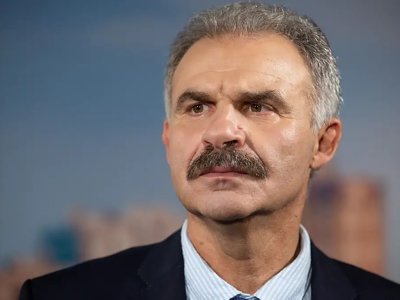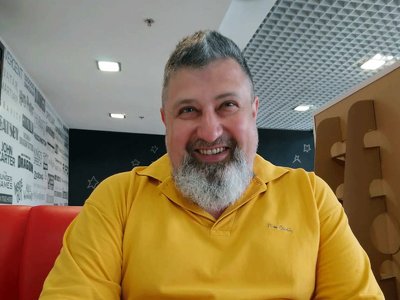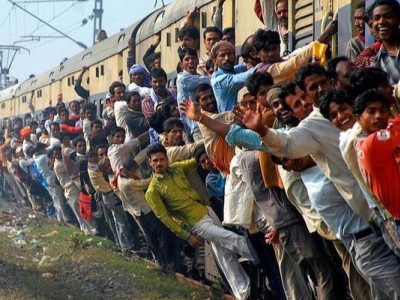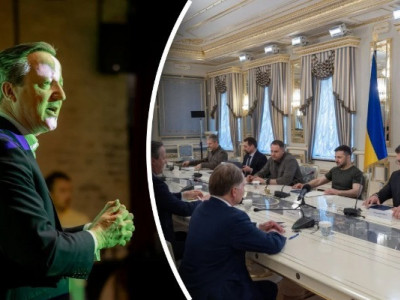Tashkent hosts Iranian, Turkish leaders as Astana receives Putin

Tashkent on Thursday hosted the Turkish and Iranian leaders as part of a summit of the Economic Cooperation Organisation.
Meanwhile Astana was visited by Russian leader Vladimir Putin.
Both the Tashkent and Astana meetings were officially dedicated to issues of economic cooperation.
However, given that both Turkey, Iran and Russia have geopolitical interests in Central Asia, their leaders’ visits to the region are always of political importance, particularly amid the current international tensions.
For Kazakhstan and Uzbekistan, Central Asia’s biggest nations, contacts with regional powers are important both for economic development and to make sure they do not fall victim to regional geopolitical rivalries.
Since the change of power in Uzbekistan in 2016, with the death of its previous isolationist president Islam Karimov, double landlocked Uzbekistan has been one of the most enthusiastic ECO members.
Notably, after a long lull in activity, since 2017 the ECO has been holding bi-annual summits.
The ECO was founded in 1964 by Iran, Turkey and Pakistan as a platform for economic diplomacy.
The other seven members – the five Central Asian nations, Azerbaijan and Afghanistan — joined it after the Soviet collapse in the early 1990s.
Speaking at the summit, President Shavkat Mirziyoyev urged “unity and coordination” between the ECO members amid “the ongoing transformation of the political architecture of the world”.
He called for simplifying mutual trade and creating new effective regional trade routes.
“We are close and good neighbours, and we have complementary economies,” he said.
Uzbekistan is trying to position itself as a key link for creating new trade routes between East and West. It is pushing for the creation of Uzbekistan-Turkmenistan-Iran-Turkey and China-Kyrgyzstan-Uzbekistan transport corridors – initial protocols on creating them were signed last week between the corresponding transport ministries.
Uzbekistan is also pushing for the creation of a trans-Afghan route.
Mirziyoyev said on Thursday that Afghanistan, which has stopped taking part in ECO activities since the Taliban’s return to power, should be “actively involved in regional integration processes – it is an undeniable and necessary condition for our common sustainable development”.
Mirziyoyev called for increasing humanitarian aid to Afghanistan and taking “collective responsibility” for solving its economic and social problems.
He urged the ECO members “not to leave Afghanistan to face its complex problems alone”.
Meanwhile, Kazakh President Tokayev received Russia’s Vladimir Putin in Astana, officially, to discuss economic relations as part of a Kazakh-Russian regional forum on agricultural cooperation being held in Kostanay.
Tokayev and Putin, sitting side by side, opened the forum via a video link, each reading texts that cited trade, investment and other mutual economic cooperation figures, according to the footage released by the Kazakh president’s office.
Tokayev also spoke about Kazakhstan’s plans to boost its agricultural infrastructure, particularly storage facilities, to increase food exports.
“There are promising markets in China, India and the Middle East. Given the growing demand for food, the role of the North–South transport corridor is going to increase,” Tokayev said.
The two leaders also held a narrow-format meeting at which they praised mutual relations and “exchanged views on the international situation”, official reports said.
- Последние
- Популярные
Новости по дням
4 мая 2024







